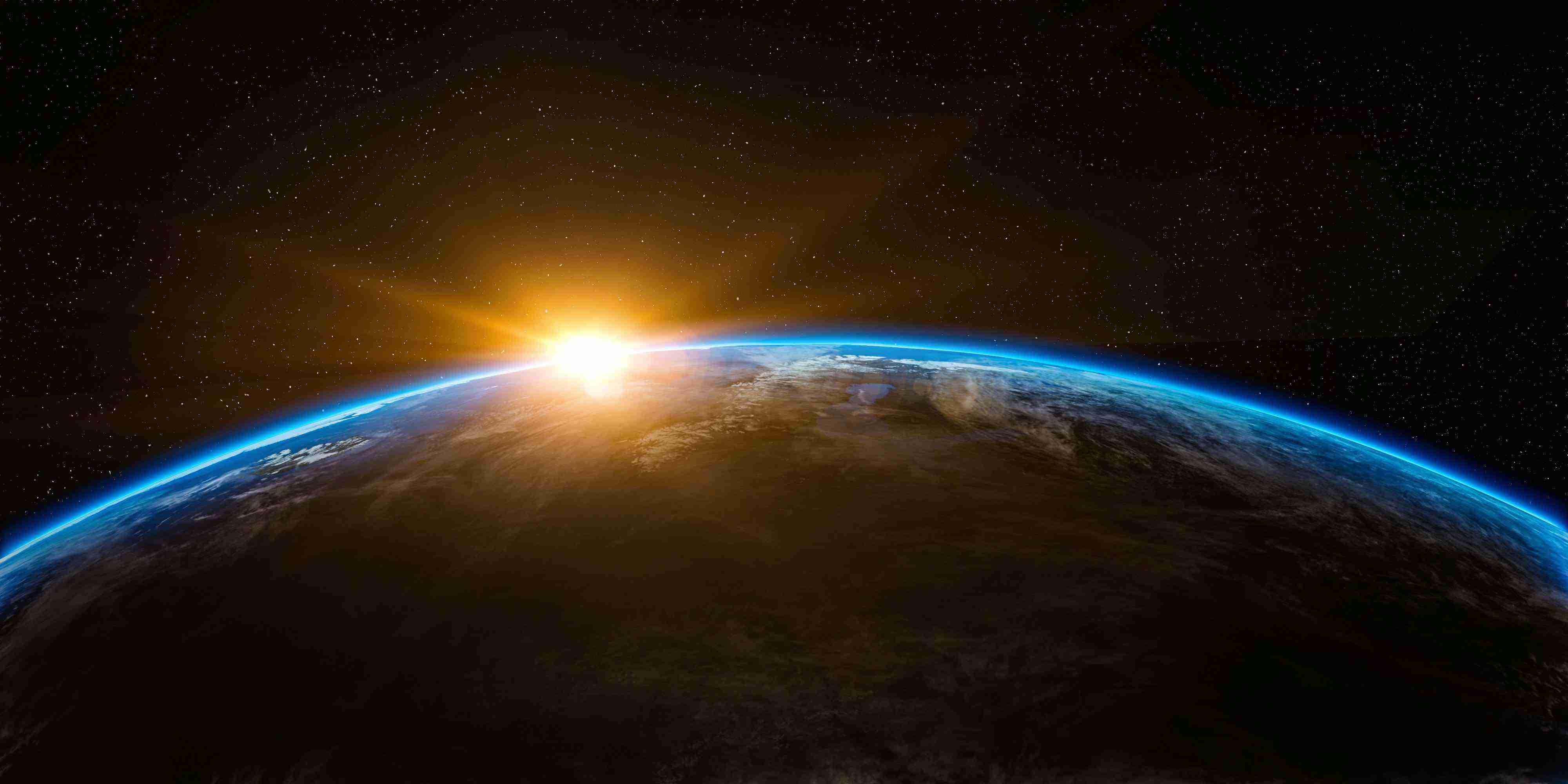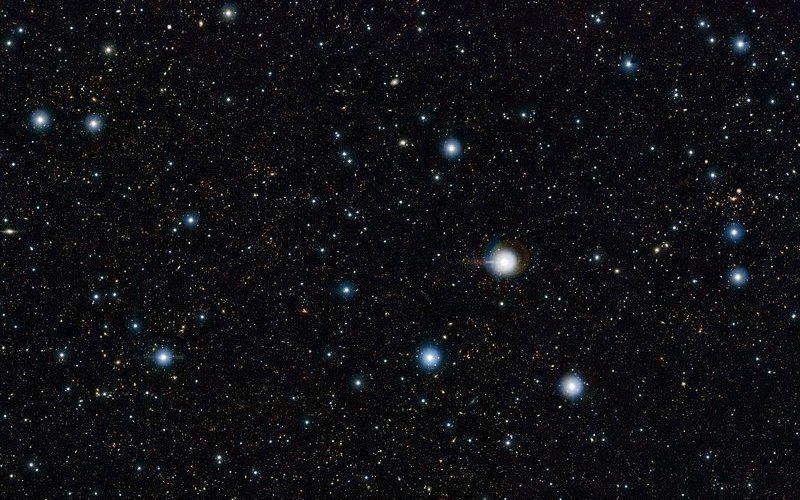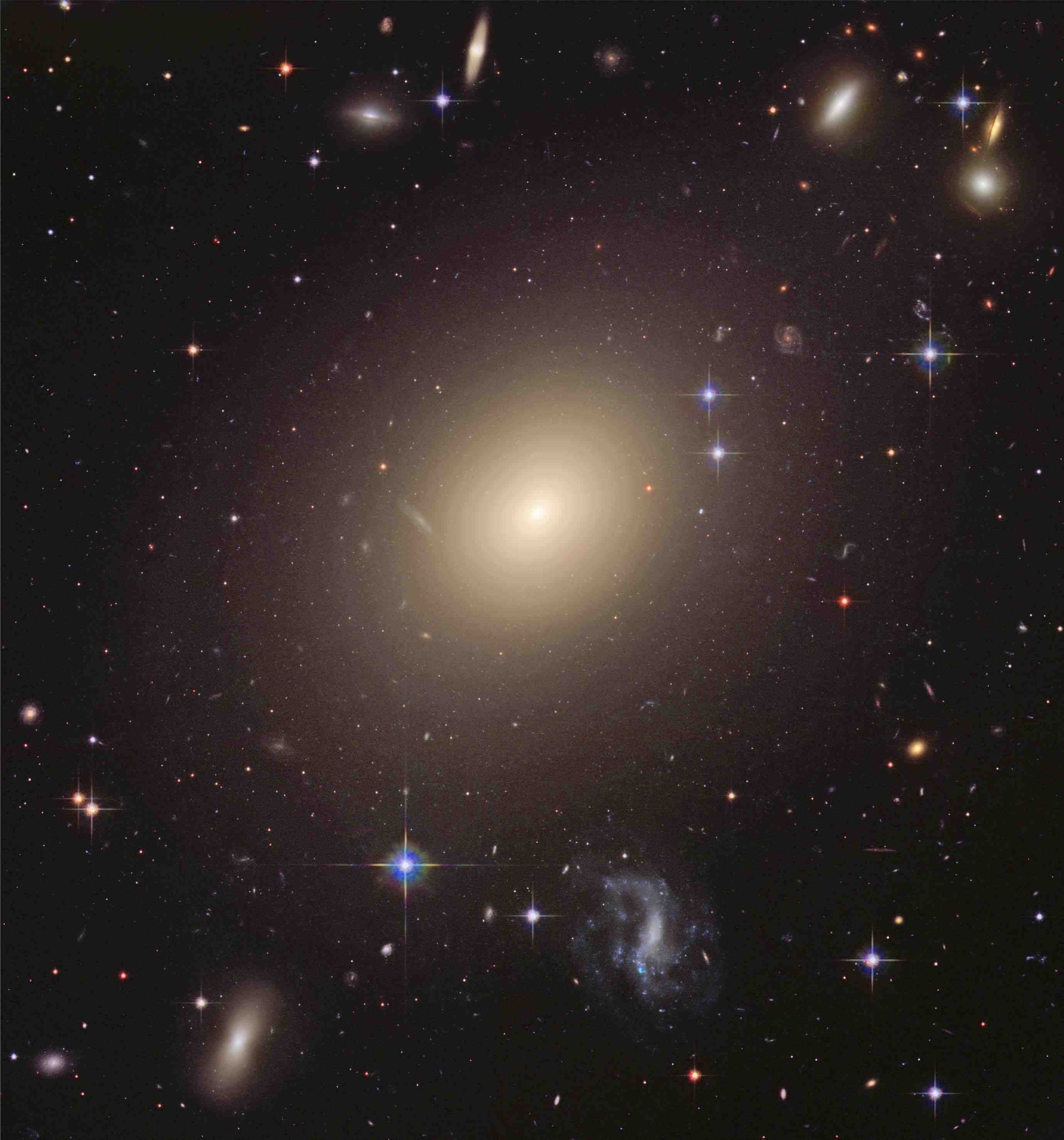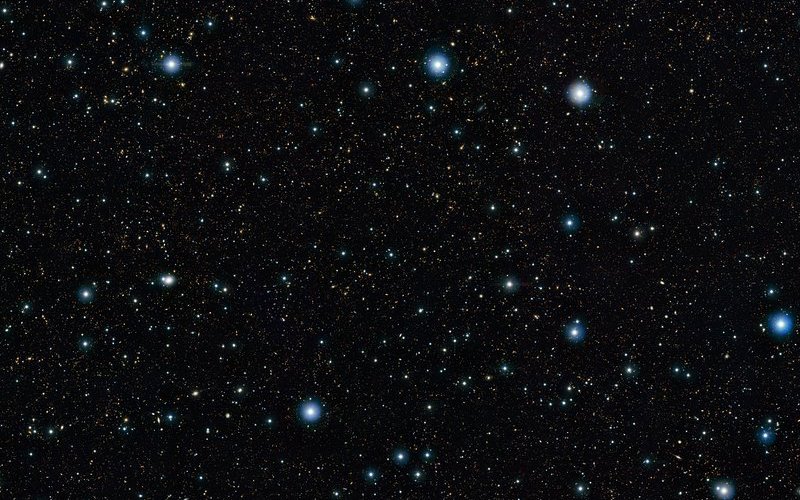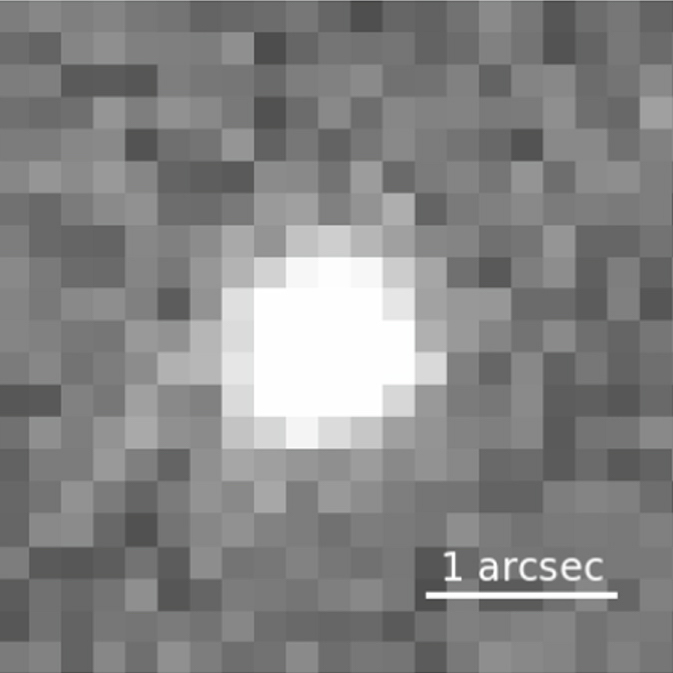About the Summit
We are pleased to announce the Cosmic Dawn Center Summit 2020 which, due to the current COVID-19 situation, will be held online. For this reason, we have tried to make the event as short as possible.
Objective
The purpose of the meeting is to get acquainted with what your colleagues are working on, foster new collaborations, and get an overview of the science of DAWN. There will of course also be time for discussions, but given the unfortunate circumstances, we will have to postpone longer discussions till the crisis is over.
Time
The meeting will take place on July 1 and 2, from 15:00 to 18:00 (3 pm to 6 pm) Central European Time. This corresponds to 9 pm to midnight (Western Australian Time) and 7 am to 10 am (Mid-American Time). This time was chosen to make it roughly equally inconvenient for everyone.
Structure
We will have nine sessions, corresponding to eight fields of science plus an overview of DAWN's summer program. Each session is kicked off by a short overview (10 minutes, plus 5 for questions/discussion) of the field, with highlights of the past year. Subsequently, anyone working in a more or less related field will have the opportunity to give a brief update (5 minutes including questions) on their work or current projects (see below).
Registration
As described below, you're encouraged to present one slide describing your current status. You can submit your slide below, but please go ahead and pre-register already today, since this will make it easier to plan the sessions.
Apart from this, you don't need to register.
Venue
A Zoom link will be sent out soon.
Survey
Please take this survey. It's the same questions as in 2018, but we'd like to see how our views have evolved.
Meeting sessions
1Simulations
Overview by Claudia Lagos Urbina
2Reionization
Overview by Kristian Finlator
3Quenching
Overview by Kate Whitaker
4Interstellar medium
Overview by Fabian Walter
5Galaxy evolution
Overview by Karina Caputi
6First galaxies
Overview by Pascal Oesch
7Quasars
Overview by Seiji Fujimoto
8New methods
Overview by Iary Davidzon
9SURF@DAWN
Overview by Charles Steinhardt
Oral contributions
Everybody (scientific staff, students, admins, affiliates, …) is encouraged to give a brief update on their current work. This is not only in order to give your colleagues an idea of your expertise, but also to possibly faciliate collaborations between you.
If you participated in the DAWN Summit 2019 you were asked, prior to the meeting, to submit a single page describing the status of you work. If you did, we apologize that we never really got around to make any use of the page, but we encourage you to use that one-pager as a basis for your update, i.e. to revisit, review, and revise the "plan". As a reward, you can have a minute or two of extra time :)
Due to the short duration of the meeting and the high number of participants, we will each only have 5 minutes, including possible questions and discussion. Moreover, in order to minimize technical issues with shifts between screen sharing, the slides will be collected in a shared presentation, presented by us.
Recommended procedure
- Prepare one (1) slide with ~5 bullet points and 1-2 figures.
- Upload your slide using the button below.
-
Cover the following topics (not necessarily in this order)
- What do you work with, in general?
- What have you been doing during the last year?
- What will you be doing in the future?
- Would you like to invite for collaborations with other DAWNers, or receive input on specific problems?
- Be prepared to talk for 5 minutes about your slide (incl. time for questions).
Registration
If you know you're attending, especially if you know that you'll be giving an oral contribution, it will be very helpful for our planning if you could pre-register.
Once you've made your slide, please submit it using the button below. You can always re-submit if you wish to update your slide.
Please submit your slide by Monday, June 29. Preferably before.
Meeting agenda
Click on a session to expand. If you're on your phone, you may have to perform a \(+\pi/2\) rotation in the plane of your screen.
Note that the program is unfinished and subject to changes.
Welcome
Introduction by Sune Toft & Thomas Greve
- Peter Laursen: Meeting guidelines
- Trity Pourbahrami: Science communicator on the move
Simulations
Introduction by Claudia Lagos
- Claudia Lagos
- Michaela Hirschmann: A theoretical framework for the galactic ISM out to cosmic dawn
- Peter Laursen: Lyman α radiative transfer
Five minutes' break
Reionization
Introduction by Kristian Finlator
- Kristian Finlator
- Pascal Oesch: The Rise of Dusty Star-Forming Galaxies During Cosmic Reionization
Ten minutes' break
Quenching
Introduction by Kate Whitaker
Five minutes' break
Interstellar medium
Introduction by Fabian Walter
- Vasily Kokorev: ALCS high-z sources/ISM evolution with dust
- Seiji Fujimoto: ALMA Deep View from Interstellar & Circumgalactic Media to Cosmic Scales in Early Universe
- Isabella Cortzen: A view into the ISM of galaxies across cosmic time
- Georgios Magdis: The Evolving ISM
- Francesco Valentino: Galaxies: Rise And Death
Galaxy evolution
Introduction by Karina Caputi
- Desika Narayanan: Sitting at the Interface between Theory and Observations
- John Weaver: The COSMOS2020 Catalog
- Lukas Zalesky: The Hawaii Two-0 Survey and GSMF
- Kate Whitaker: Overview of Galaxy Formation Projects @ UMass Amherst
- Mimi Song: 1-slide intro
- Sam Cutler: Diagnosing the COSMOS-DASH Survey
- Meghana Killi: Lyα Emitter Morphology
- Thomas Greve: Thomas' Tidbits
Five minutes' break
First galaxies
Introduction by Pascal Oesch
- Birgitta Nordström: The origin of C and r-process elements in CEMP-r/s stars
- Nina Bonaventura: High-redshift Galaxy Science with Hubble & Webb
- Peter Jakobsen: What has Peter Jakobsen been up to?
Ten minutes' break
Quasars
Introduction by Seiji Fujimoto
- Bo Milvang-Jensen: AGN reverberation mapping, MACS1149-JD and UltraVISTA
- Fabian Walter: 200pc imaging of quasar hosts
Five minutes' break
New methods
Introduction by Iary Davidzon
- Gabe Brammer: Square degrees fom Hubble and Spitzer
- Sune Toft: Cosmic Dawn Survey Euclid Key Project
- Charles Steinhardt: SURF@DAWN Intro
SURF@DAWN
Introduction by Charles Steinhardt
- T. Lucas Makinen: deep21: A Deep Network for 21cm Cosmology
- Albert Sneppen: Systematic Variations in the IMF
- Hagan Hensley: Impossibly early massive galaxies
- Basel Mostafa: Investigating the role of a temperature feedback loop in regulating the star-forming main sequence
- Christian Kragh Jespersen: Unambiguous Separation of Gamma-Ray Bursts into Two Classes from Prompt Emission Alone
- Lucca de Mello: Classifying FRBs
- Shalini Kurinchi-Vendhan: Origin of Quiescent Isolated Dwarf Galaxies with Illustris-TNG Simulations
List of Participants
- Albert Sneppen
- Basel Mostafa
- Birgitta Nordström
- Bo Milvang-Jensen
- Charles Steinhardt
- Christian Kragh Jespersen
- Clara Giménez Arteaga
- Claudia Lagos
- Conor McPartland
- David Sanders
- Desika Narayanan
- Fabian Walter
- Francesco Valentino
- Gabe Brammer
- Georgios Magdis
- Hagan Hensley
- Iary Davidzon
- Isabella Cortzen
- Johan Fynbo
- John Weaver
- Karina Caputi
- Kate Gould
- Kate Whitaker
- Kristian Finlator
- Luis Colina
- T. Lucas Makinen
- Lucca de Mello
- Lukas Zalesky
- Meghana Killi
- Michaela Hirschmann
- Mimi Song
- Mo Akhshik
- Nina Bonaventura
- Pascal Oesch
- Peter Jakobsen
- Peter Laursen
- Sam Cutler
- Seiji Fujimoto
- Shalini Kurinchi-Vendhan
- Sune Toft
- Thomas Greve
- Trity Pourbahrami
- Vasily Kokorev


